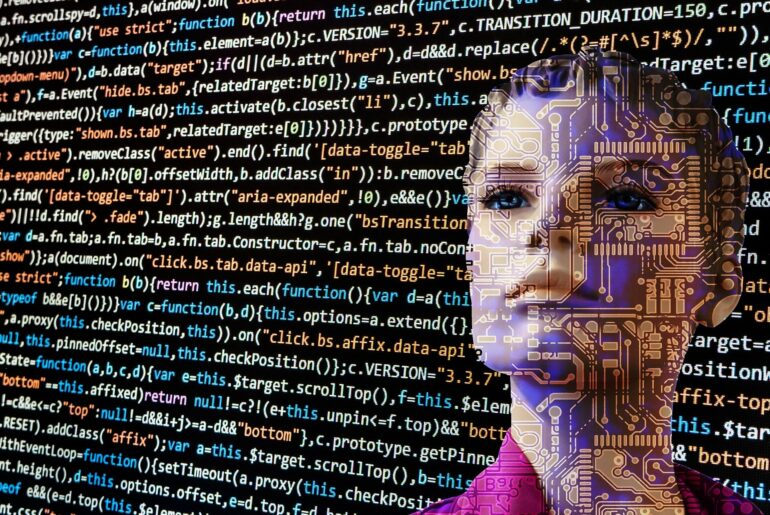Interacting with AI chatbots like ChatGPT can be fun and sometimes useful, but the next level of everyday AI goes beyond answering questions: AI agents carry out tasks for you.
Major technology companies, including OpenAI, Microsoft, Google and Salesforce, have recently released or announced plans to develop and release AI agents. They claim these innovations will bring newfound efficiency to technical and administrative processes underlying systems used in health care, robotics, gaming and other businesses.
Simple AI agents can be taught to reply to standard questions sent over email. More advanced ones can book airline and hotel tickets for transcontinental business trips. Google recently demonstrated Project Mariner to reporters, a browser extension for Chrome that can reason about the text and images on your screen.
In the demonstration, the agent helped plan a meal by adding items to a shopping cart on a grocery chain’s website, even finding substitutes when certain ingredients were not available. A person still needs to be involved to finalize the purchase, but the agent can be instructed to take all of the necessary steps up to that point.
In a sense, you are an agent. You take actions in your world every day in response to things that you see, hear and feel. But what exactly is an AI agent? As a computer scientist, I offer this definition: AI agents are technological tools that can learn a lot about a given environment, and then – with a few simple prompts from a human – work to solve problems or perform specific tasks in that environment.
Rules and goals
A smart thermostat is an example of a very simple agent. Its ability to perceive its environment is limited to a thermometer that tells it the temperature. When the temperature in a room dips below a certain level, the smart thermostat responds by turning up the heat.
A familiar predecessor to today’s AI agents is the Roomba. The robot vacuum cleaner learns the shape of a carpeted living room, for instance, and how much dirt is on the carpet. Then it takes action based on that information. After a few minutes, the carpet is clean.
The smart thermostat is an example of what AI researchers call a simple reflex agent. It makes decisions, but those decisions are simple and based only on what the agent perceives in that moment. The robot vacuum is a goal-based agent with a singular goal: clean all of the floor that it can access. The decisions it makes – when to turn, when to raise or lower brushes, when to return to its charging base – are all in service of that goal.
A goal-based agent is successful merely by achieving its goal through whatever means are required. Goals can be achieved in a variety of ways, however, some of which could be more or less desirable than others.
Many of today’s AI agents are utility based, meaning they give more consideration to how to achieve their goals. They weigh the risks and benefits of each possible approach before…



